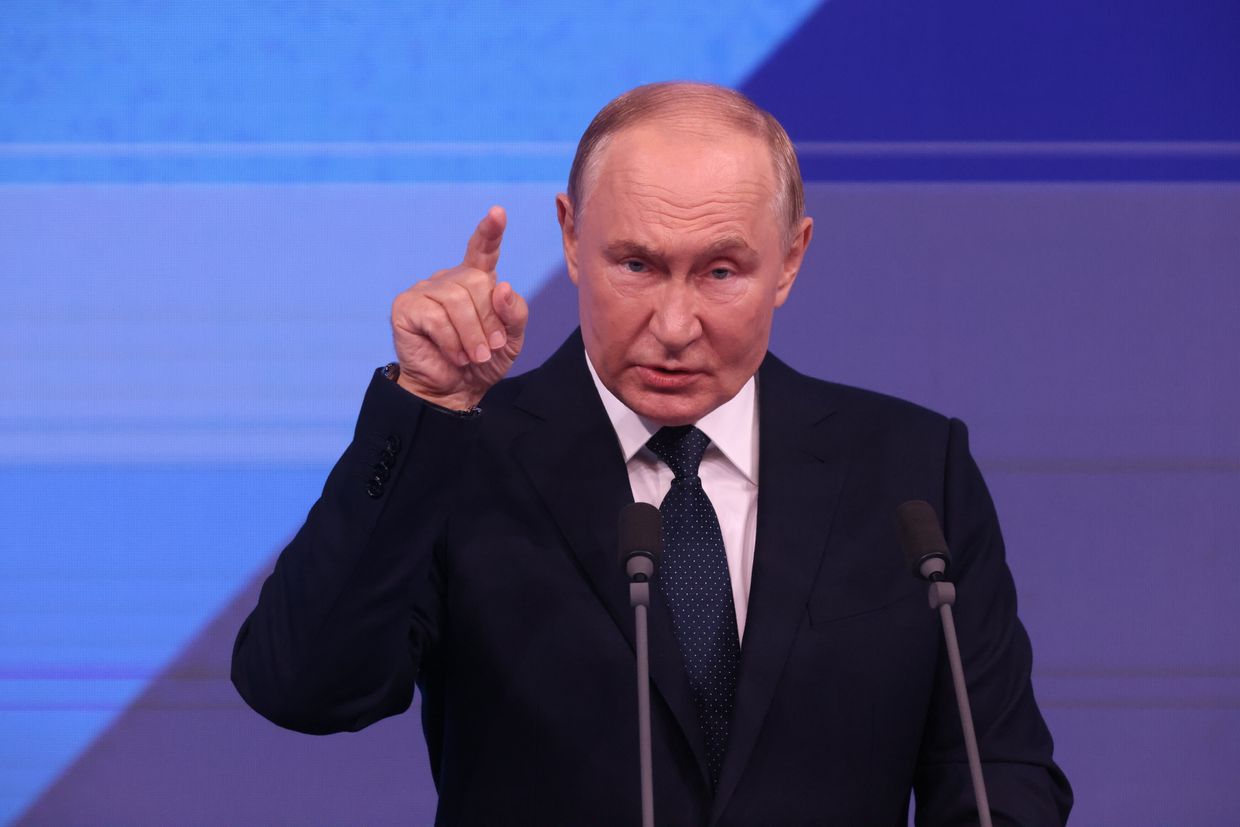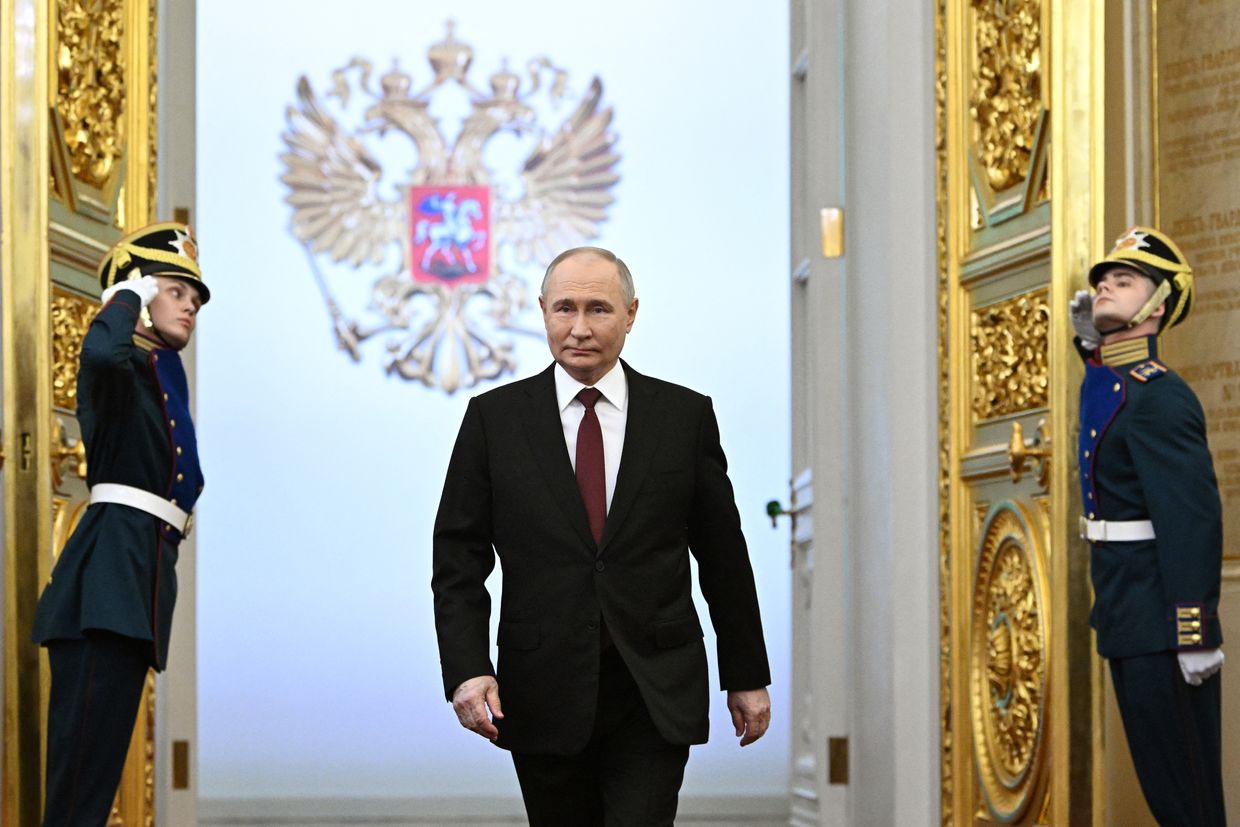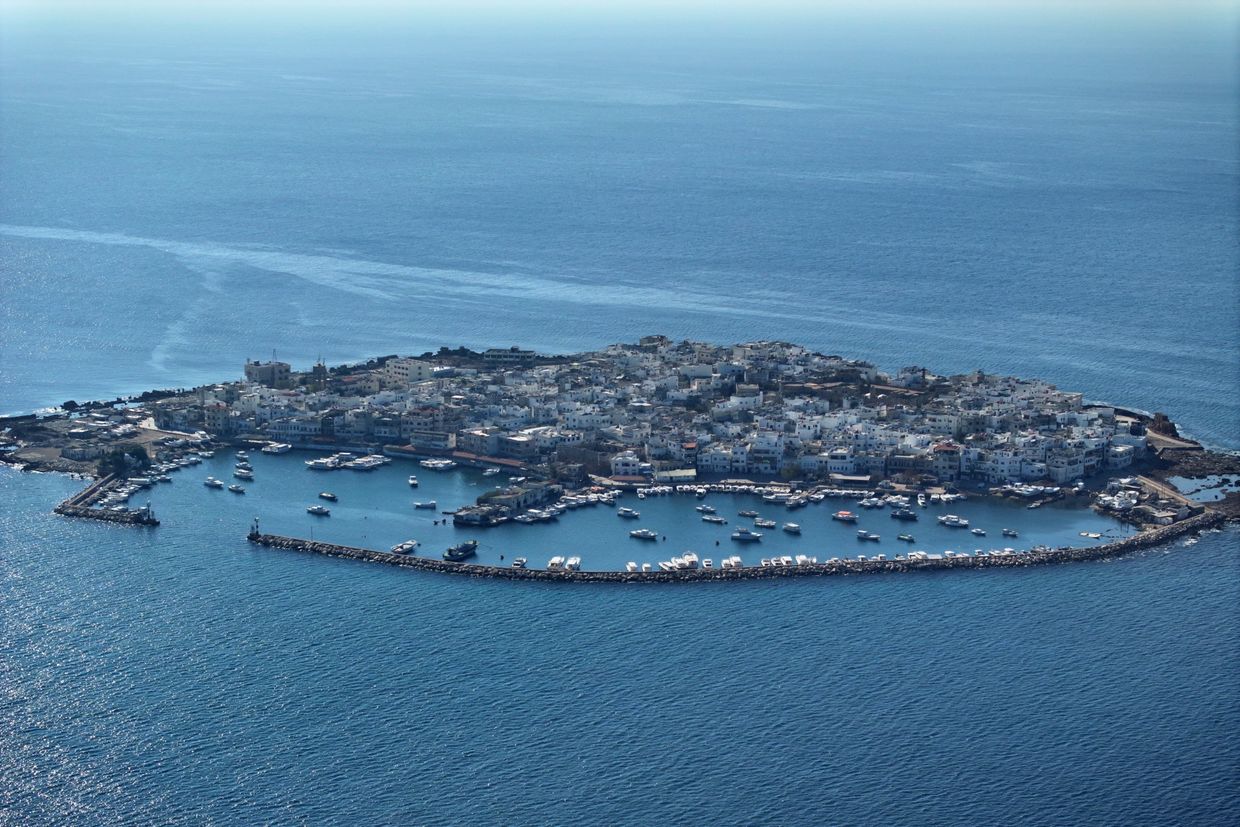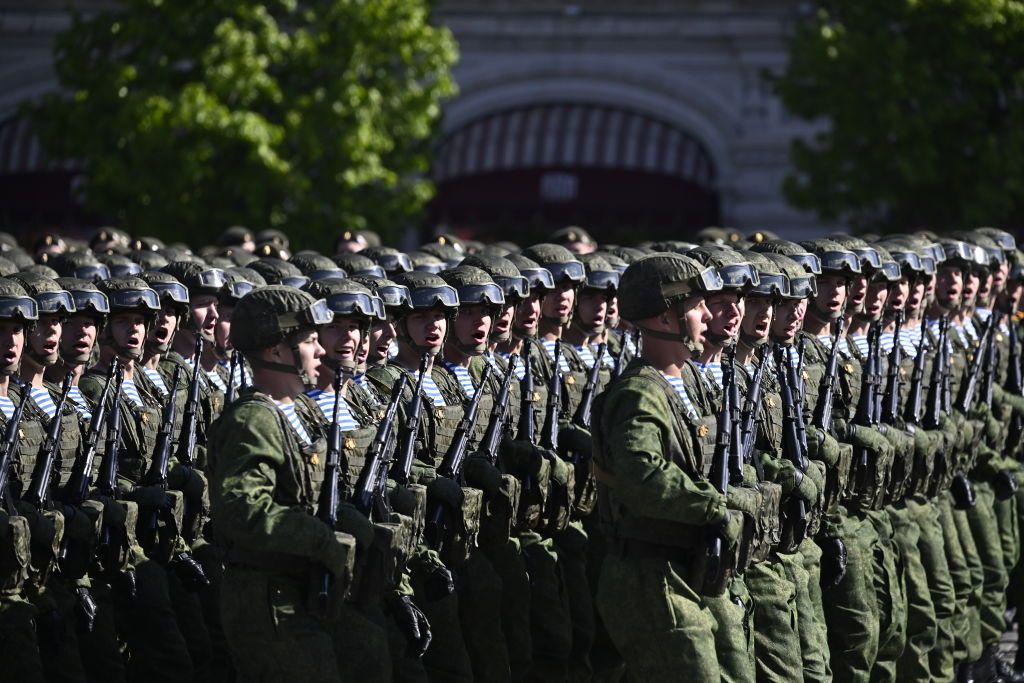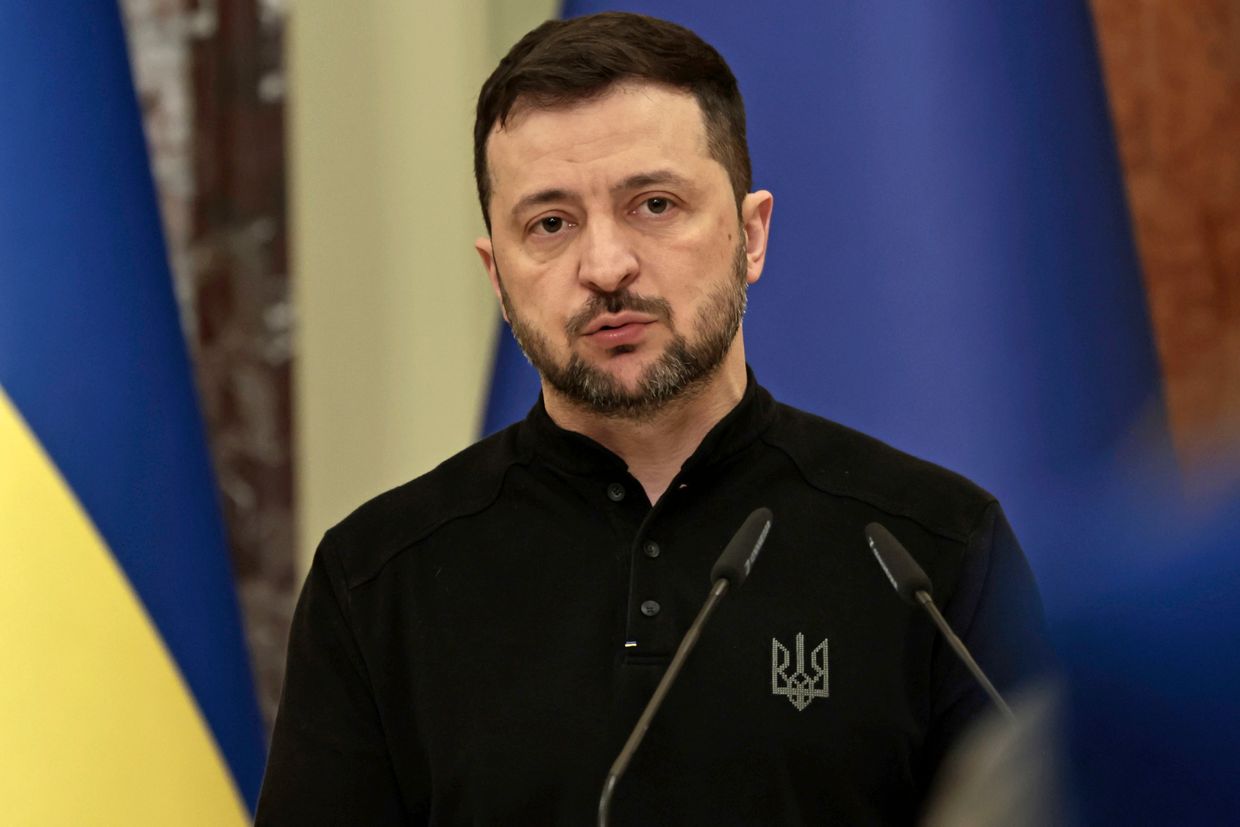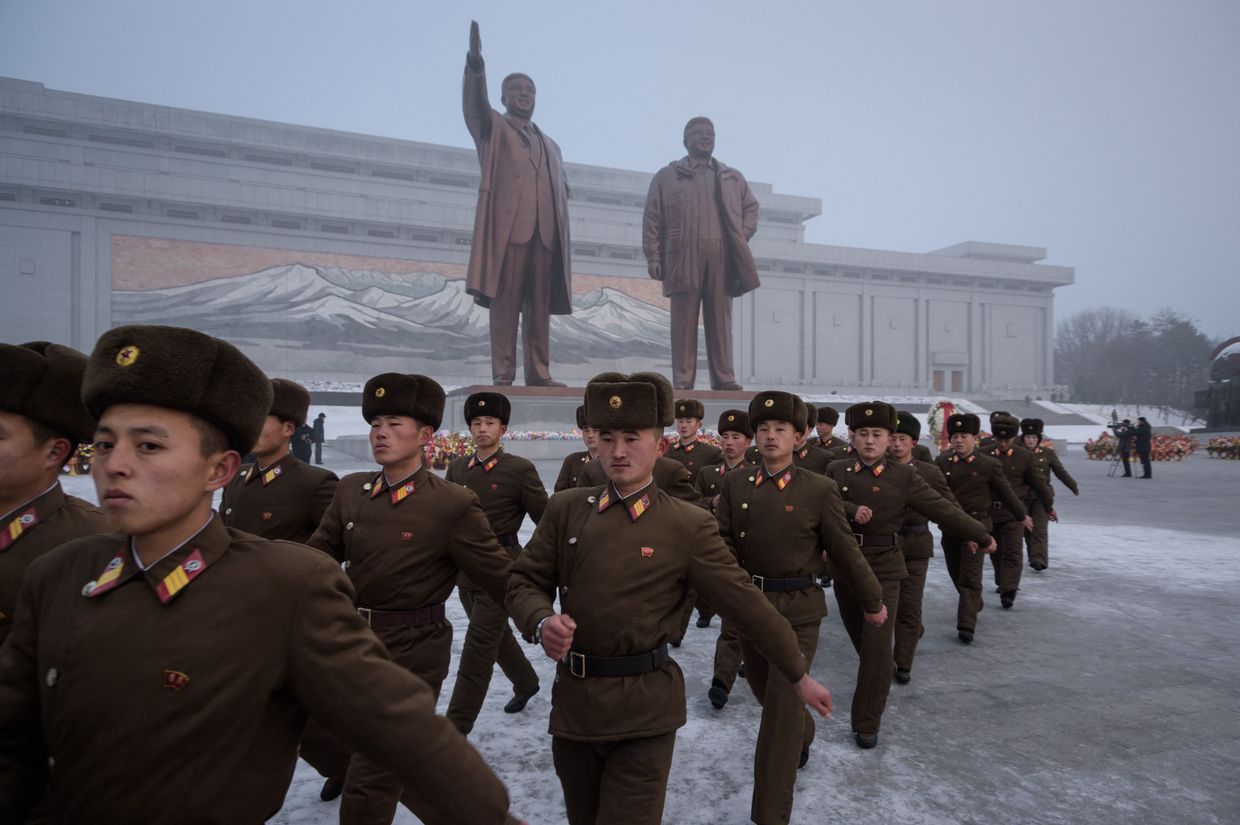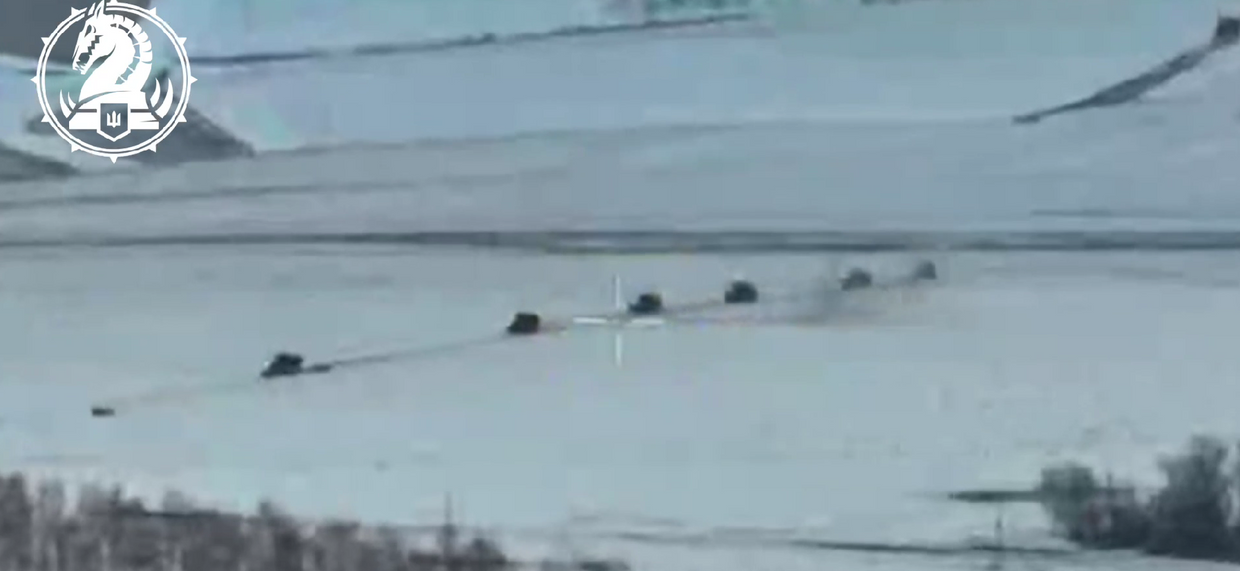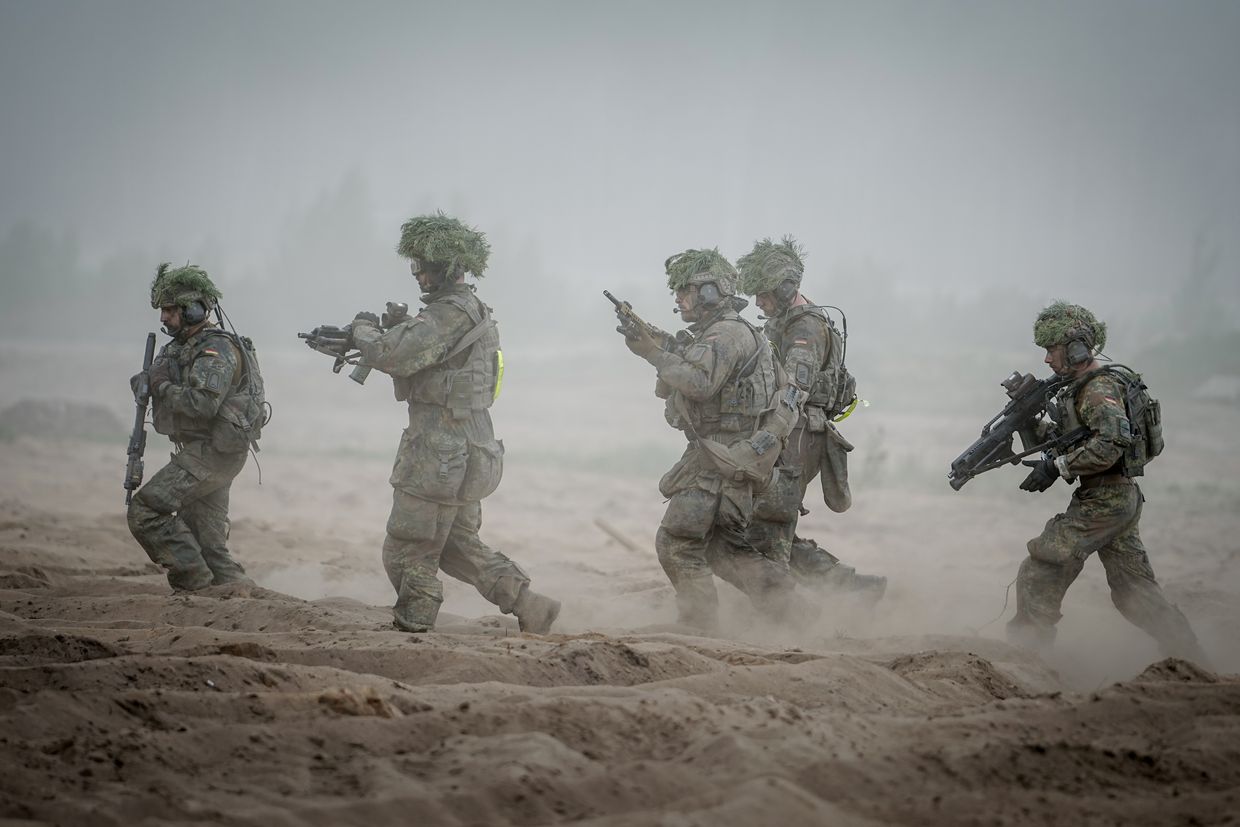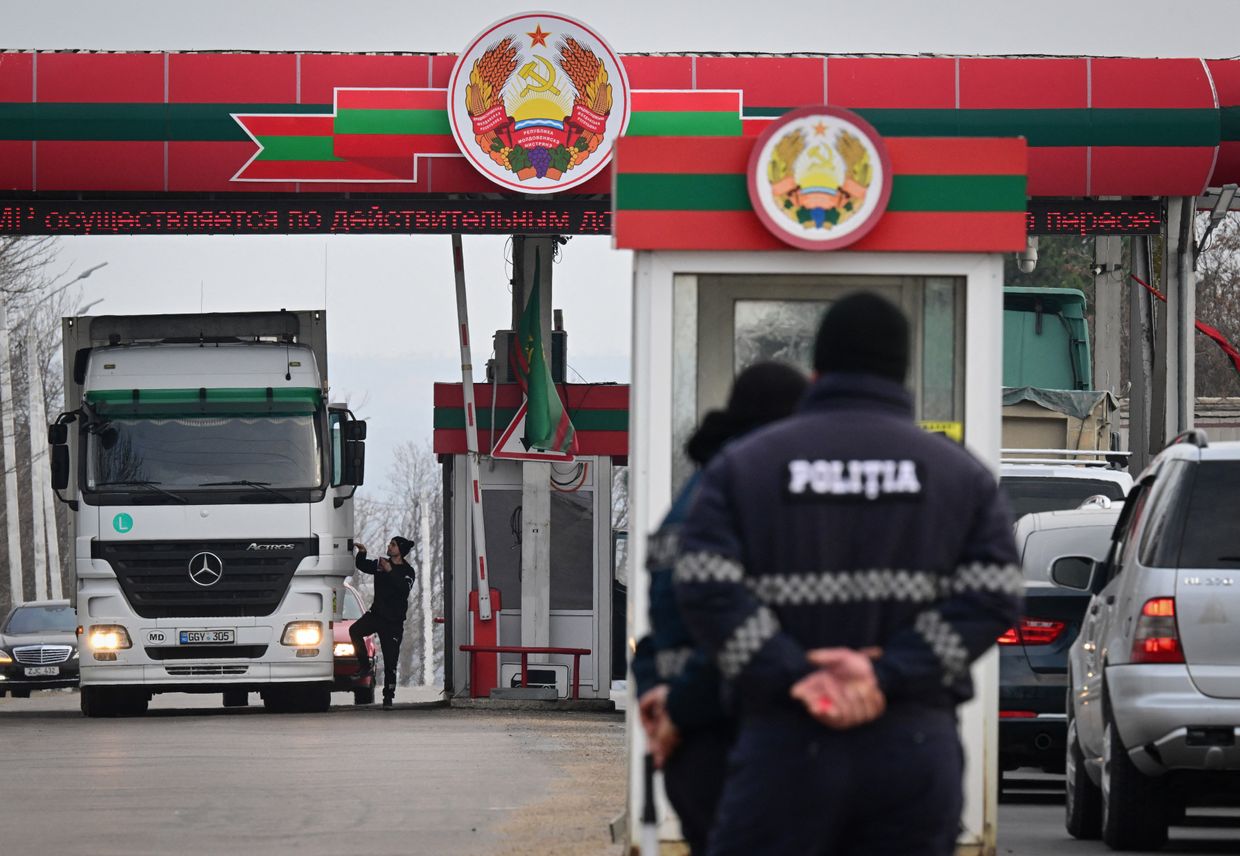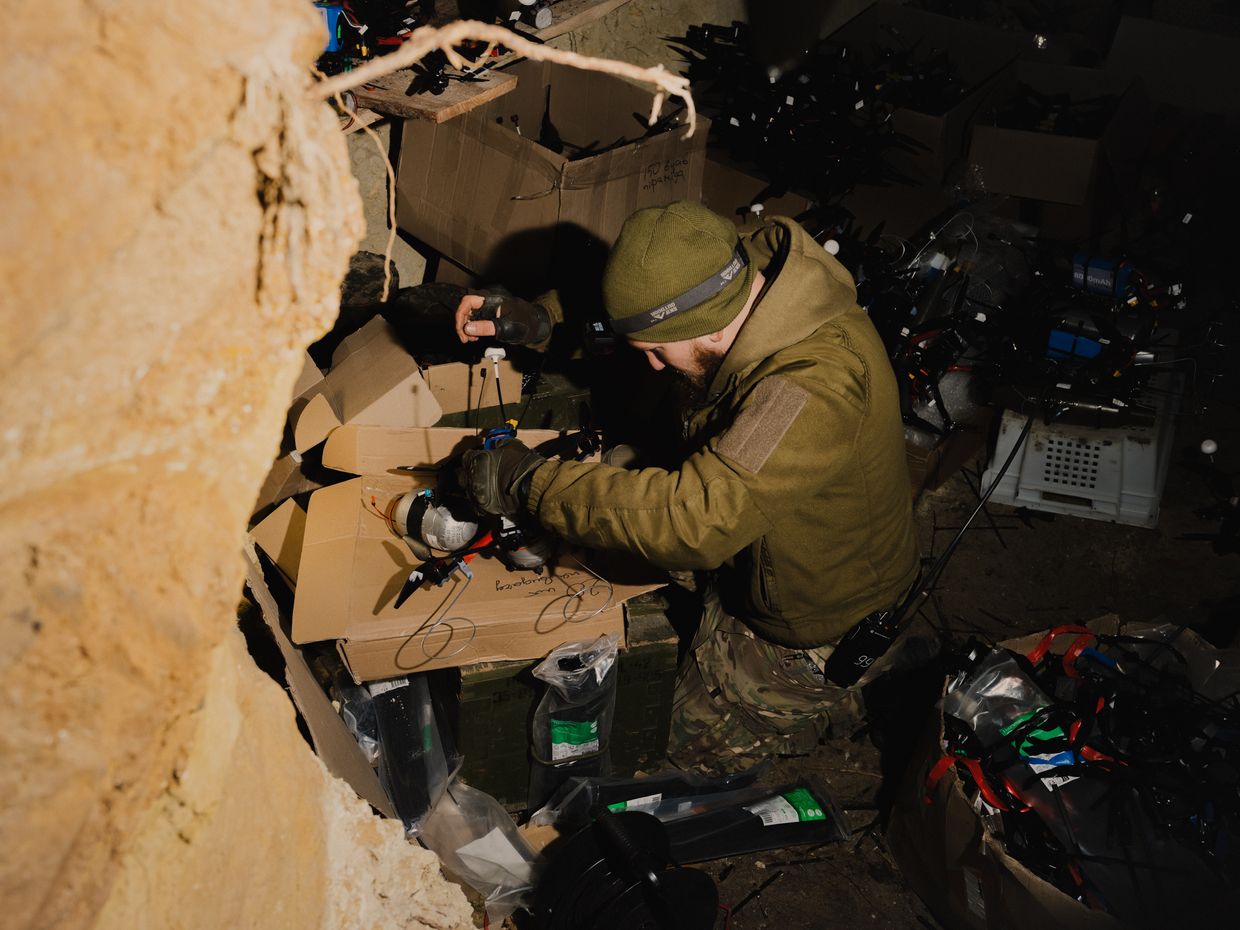Russian President Vladimir Putin approved updated principles of Russia's nuclear deterrence policy, according to a presidential decree published on a government website on Nov. 19.
The revised doctrine outlines scenarios that could justify a nuclear strike. It implies that this could include "aggression against the Russian Federation and its allies by a non-nuclear state with the support of a nuclear state" and large-scale non-nuclear attacks, such as those carried out with drones.
Putin first proposed changes to the nuclear doctrine during a Sept. 25 Security Council meeting on nuclear deterrence. He claimed that Russia does not need a preventative strike as part of its nuclear doctrine "because, in a retaliatory strike, the enemy will be guaranteed to be destroyed."
Kremlin spokesperson Dmitry Peskov said the changes should be seen as a "certain signal" to the West.
"This is a signal that warns these countries of the consequences if they take part in an attack on our country by various means, not necessarily nuclear," Peskov told the state-run RIA Novosti on Sept. 26.
Since launching its full-scale invasion of Ukraine in February 2022, Russia has repeatedly issued nuclear threats against Ukraine and the West.
The threats have failed to materialize, and Russia continues to wage its all-out war without using its nuclear arsenal.
